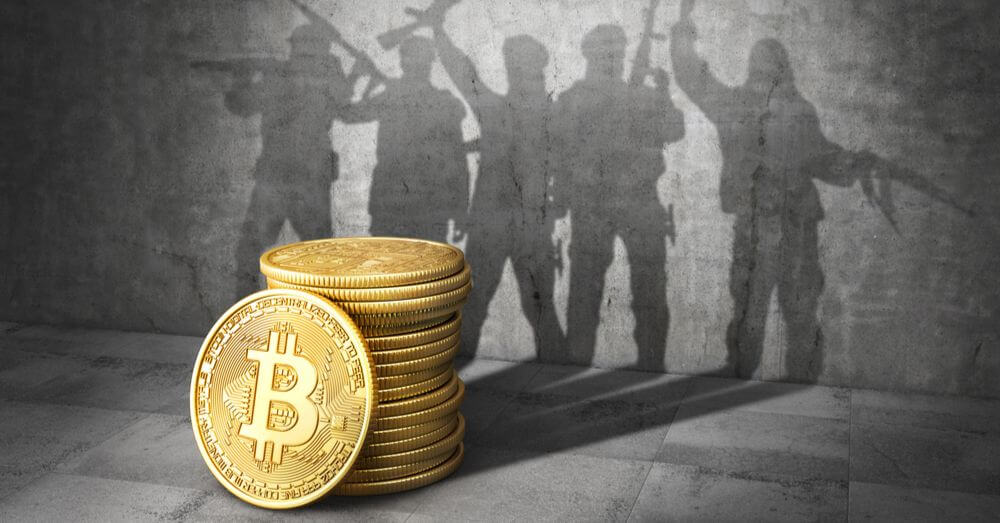
The firm reviews several reports made linking terrorists to cryptocurrencies in recent news.
Blockchain analyst firm, Chainalysis, has denied recent allegations regarding the possibility of terrorist organizations using cryptocurrencies to hide their funding.
A report published by The Counter Extremism Project gave details on how cryptocurrencies were a viable option for hiding donations.
The Director of the Counter Extremism Project, Hans-Jakob Schindler, believed that it would be “ideal storage mechanism until it is needed.”
The report stated that storing their cash there would make it “unfindable and unseizable for most governments.”
Despite the allegations being speculative in nature, several major media outlets jumped at the opportunity to publish the news with sensational headlines.
In a follow-up blog post, Chainalysis rebutted these claims by pointing out how if terrorist organizations funnelled any oil proceeds into Bitcoin, “trading volume of regional exchanges and money service businesses would have reflected this flow of funds.”
Chainalysis also challenged reports regarding the Popular Resistance Campaign’s (PRC) terrorism fundraising campaign. Reports that the PRC had managed to use Cash4PS to raise funds from Gaza in digital currencies spread on the internet, with rumours pinpointing one of the site’s managers had connections to Hamas.
“We aren’t defending Cash4PS, but clarifying the facts. We don’t know exactly how much money, if any, PRC raised through Cash4PS. If any was raised, it was substantially <$23.8M.”
Chainalysis issues a disclaimer that while the PRC has not been identified as a terrorist group by the US State or Treasury Departments, press reports indicate that they may be associated with terrorist activity.
Another report on cryptocurrencies that was published this year highlighted the use of Bitcoin to facilitate an Easter Sunday bombing attack on Sri Lanka. However, Chainalysis responded to these reports by stating that the media had “amplified the firm’s findings.”
“Our analysis suggests those findings are likely incorrect and that both the $10,000 transaction and $4 million balance increase were simply internal transactions that are standard practice for a payment processor like CoinPayments.”
Despite their stance against these reports, Chainalysis is not against the possibilities of terrorist organisations using digital currencies to raise and hide funding. Their report did highlight that the majority of terrorist funding campaigns have raised less than $10,000, indicating that there is limited adoption of cryptocurrencies within these circles.

